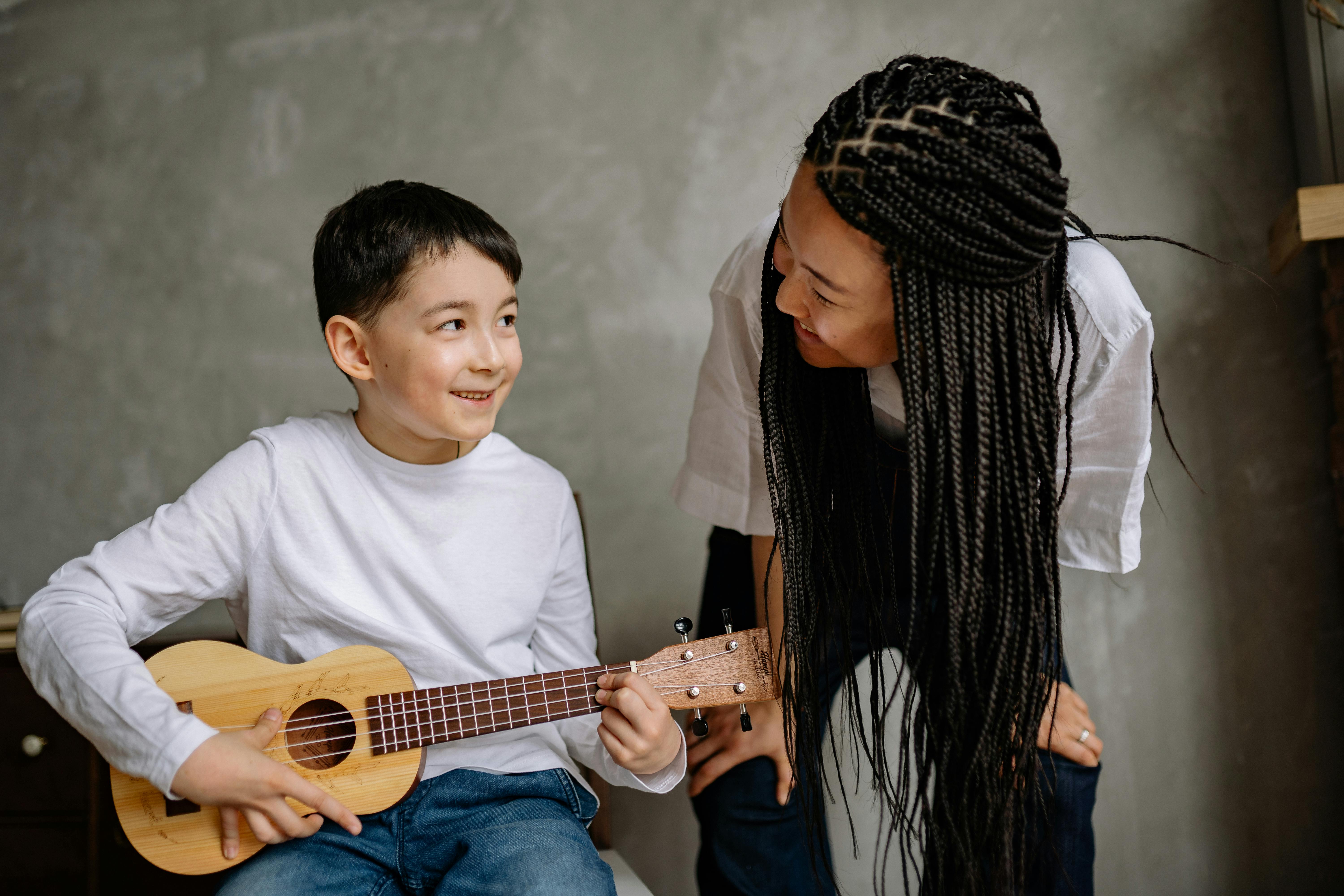The Importance of Parenting Education in Today's World

Parenting is a journey filled with love, challenges, and moments of growth for both children and parents. One of the most important aspects of this journey is understanding the principles of parenting education, which equips parents with the skills to nurture a child's emotional, intellectual, and social development. A key takeaway from the book The Whole-Brain Child by Daniel J. Siegel and Tina Payne Bryson is the importance of fostering a strong parent-child connection while teaching resilience and problem-solving skills.
What is Parenting Education?
Parenting education is not about telling parents what they are doing wrong but empowering them with tools to help their children thrive. It's about understanding child development, recognizing emotional cues, and building a nurturing environment. By focusing on the whole brain and fostering integration between its emotional and logical aspects, parents can help their children manage emotions and develop healthy coping mechanisms.
The Role of Connection
Children thrive when they feel connected to their parents. Connection doesn't mean agreeing with everything a child says or does; it means acknowledging their feelings and creating a safe space for open communication. Siegel and Bryson emphasize the "connect and redirect" approach: first, validate your child's emotions and then guide them toward a solution. For example, if your child is upset about losing a game, instead of dismissing their feelings, you might say, “I understand you're feeling really disappointed right now. It's okay to feel that way. Let's talk about how we can handle it better next time.”
Teaching Resilience Through Struggles
Resilience is not built in moments of comfort but through challenges. Parenting education teaches us that allowing children to face age-appropriate struggles helps them develop the skills to bounce back. Rather than solving every problem for your child, guide them in brainstorming solutions. This helps them build confidence and a sense of independence.
Using "Whole-Brain" Strategies
Name It to Tame It: Encourage your child to name their emotions. When they articulate
feelings, the emotional intensity often decreases, and they can begin to process their experiences.
Engage, Don't Enrage: During conflicts, stay calm and use a logical approach to guide the
child instead of reacting emotionally. This helps in modeling self-control.
Play and Laugh: Incorporate play into daily routines. Play helps children learn social
skills and fosters a strong bond between parents and kids.
How Parents Can Educate Themselves
Parenting education starts with self-awareness. Understanding your own triggers and past experiences can help you respond rather than react to your child's behavior. Reflect on questions like, “Why does this behavior upset me?” or “Am I modeling the behavior I want my child to learn?” Books like The Whole-Brain Child offer practical strategies, but learning doesn't stop there. Join parenting workshops, seek advice from trusted mentors, and don't hesitate to share experiences with other parents. Remember, no one is a perfect parent, but with continuous learning and effort, you can grow into the best parent for your child.
Conclusion
Parenting is a mix of art and science. By focusing on connection, resilience, and whole-brain strategies, you can help your child navigate life's challenges with confidence and grace. Remember, parenting education is a journey for the parent as much as it is for the child. Each step you take to understand and support your child brings you closer to creating a family dynamic built on trust, love, and mutual respect
If you're looking to start this journey, pick up a copy of The Whole-Brain Child and begin exploring the incredible strategies it offers. Your efforts today will lay the foundation for your child's brighter, healthier future.


